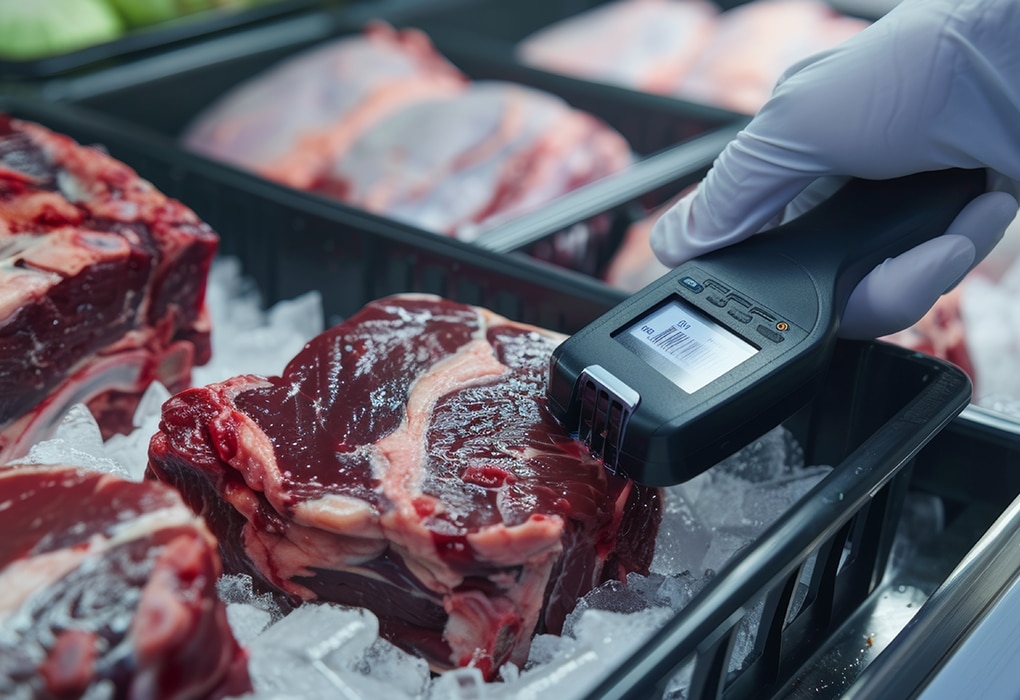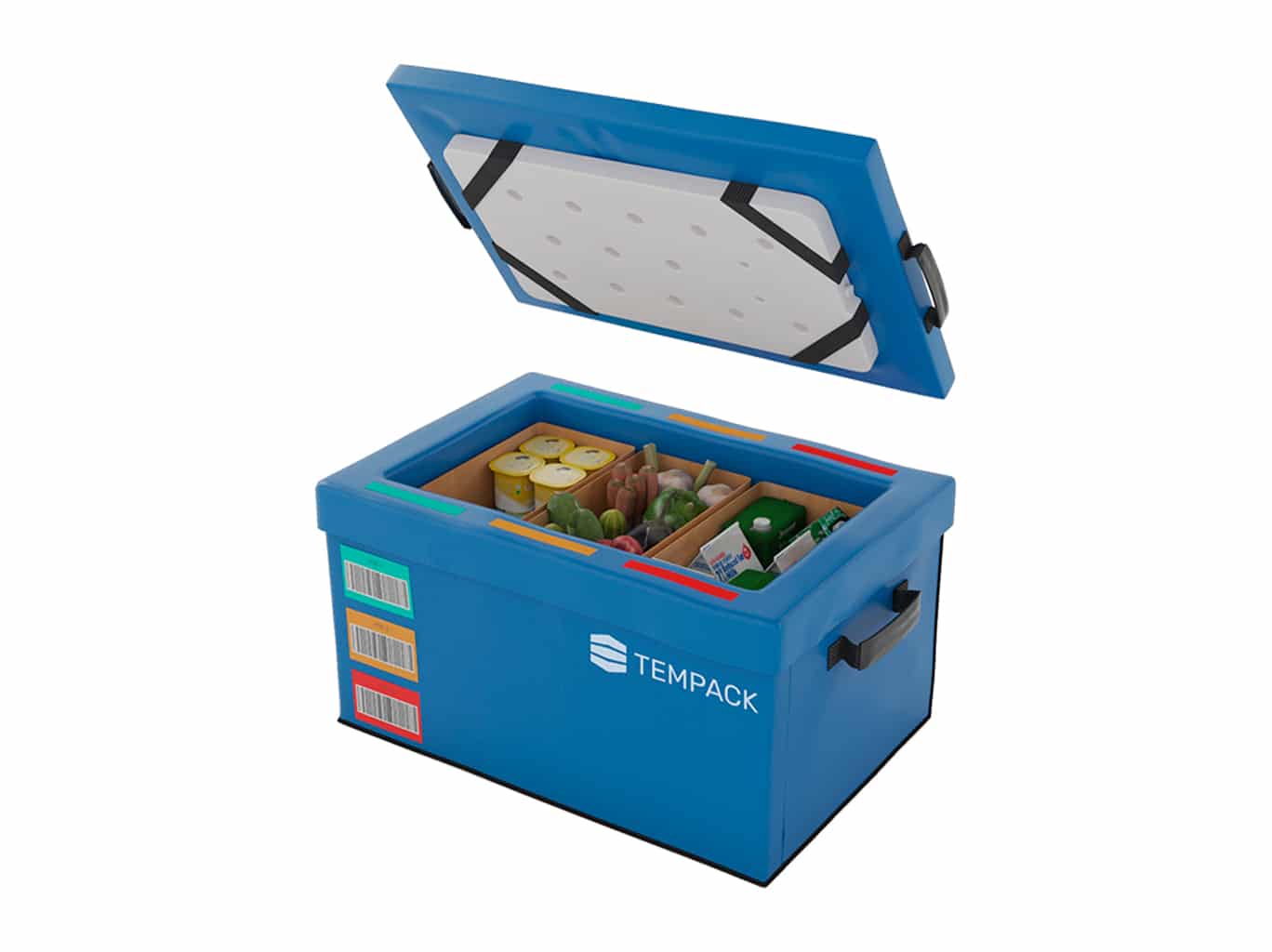The Importance of Maintaining the Cold Chain for Food Products to Prevent Waste and Promote Health
In today’s fast-paced world, the efficiency of our food supply chain is more critical than ever. Ensuring that food remains fresh from the moment it is harvested until it reaches the consumer’s table is a complex process, with the cold chain playing a pivotal role. This seamless temperature-controlled supply chain is essential not only for preserving the nutritional value and safety of our food but also for significantly reducing food waste.

The Vital Role of the Cold Chain
The cold chain is a series of refrigerated production, storage, and distribution activities, along with associated equipment and logistics, which maintain a desired low-temperature range. This is crucial for extending the shelf life of perishable products like fruits, vegetables, dairy, meat, and seafood. A break in the cold chain can lead to food spoilage, making it unsafe for consumption and contributing to the alarming rates of food waste globally.
Health Implications
One of the primary reasons for maintaining the cold chain is to prevent the growth of pathogens that cause foodborne illnesses. According to the World Health Organization (WHO), millions of people fall ill every year due to contaminated food, with severe cases leading to hospitalization or even death. Keeping food at appropriate temperatures slows down the growth of bacteria, ensuring that what we consume is safe and healthy.
Reducing Food Waste
Food waste is a significant global issue, with over a third of all produced food ending up in landfills. This waste has severe economic, environmental, and social consequences. The United Nations Environment Programme (UNEP) highlights that food waste contributes to 8-10% of global greenhouse gas emissions, exacerbating climate change. Moreover, it squanders resources like water, land, and labor that go into food production.
A well-maintained cold chain helps reduce food waste by keeping food fresh longer, thus minimizing spoilage. According to the Food Waste Index Report 2024 by UNEP, improving the cold chain can substantially lower food losses during transportation and storage stages. For instance, fruits and vegetables are particularly susceptible to temperature fluctuations, and without proper refrigeration, they spoil rapidly, leading to significant waste.
Additionally, the UNEP video titled Cold Chain Reduces Food Loss and Waste: Here’s How provides valuable insights into how maintaining the cold chain can significantly reduce food waste.
Environmental and Economic Benefits
Reducing food waste through an efficient cold chain has multiple benefits:
- Economic Savings: Less food waste translates to lower costs for producers, retailers, and consumers. Businesses save on disposal fees and reduce the economic loss associated with spoiled products.
- Environmental Protection: Reducing food waste means fewer greenhouse gases are emitted from decomposing organic matter in landfills. It also conserves resources used in food production, such as water and energy.
- Social Impact: Ensuring more food reaches consumers can help combat hunger and food insecurity. This is especially crucial in low- and middle-income countries, where food waste can have severe implications for local food availability and nutrition.

Tempack’s Contribution to Reducing Food Waste
Companies like Tempack are at the forefront of developing innovative passive packaging solutions that play a vital role in maintaining the cold chain. Tempack’s products are designed to keep food at optimal temperatures during transportation, ensuring it remains fresh from the farm to the fork. By using advanced materials and technologies, Tempack’s packaging solutions provide reliable temperature control, even in challenging conditions.
For example, Tempack’s insulated shipping boxes and phase change materials (PCMs) are engineered to maintain consistent temperatures, protecting perishable goods during transit. These solutions are not only efficient but also environmentally friendly, aligning with global sustainability goals.
Conclusion
Maintaining the cold chain is essential for ensuring food safety, reducing waste, and promoting environmental sustainability. By investing in robust cold chain solutions and innovative packaging technologies, we can make significant strides towards a more sustainable and efficient food supply chain. Companies like Tempack are leading the way, offering products that not only meet industry standards but also contribute to a reduction in global food waste, benefiting both the planet and its people.
For more information on our innovative packaging solutions, visit: single-use, reusable, containers for delivery vehicles, life sciences and cold packs

